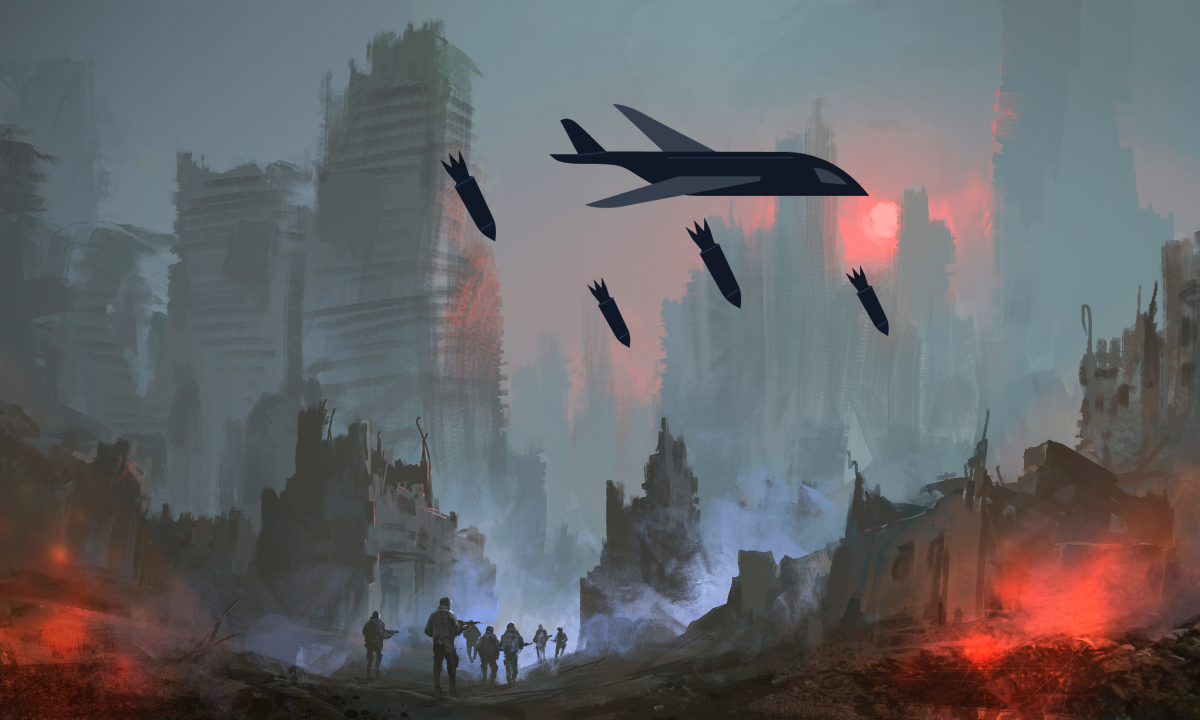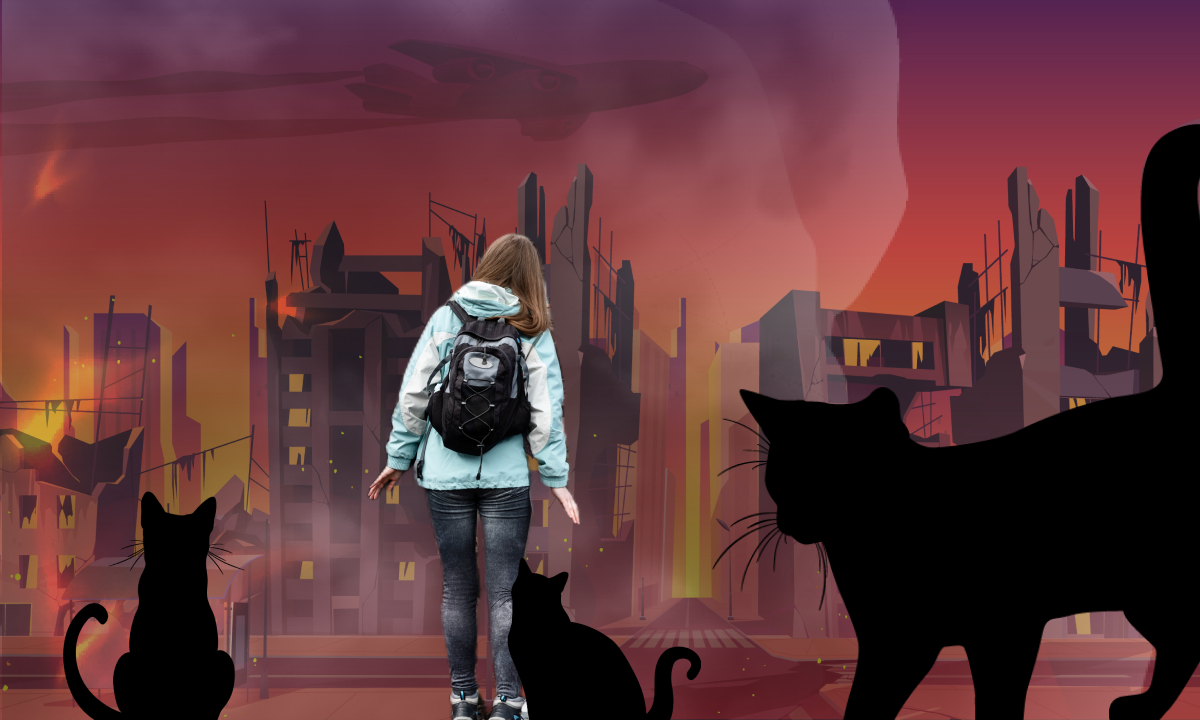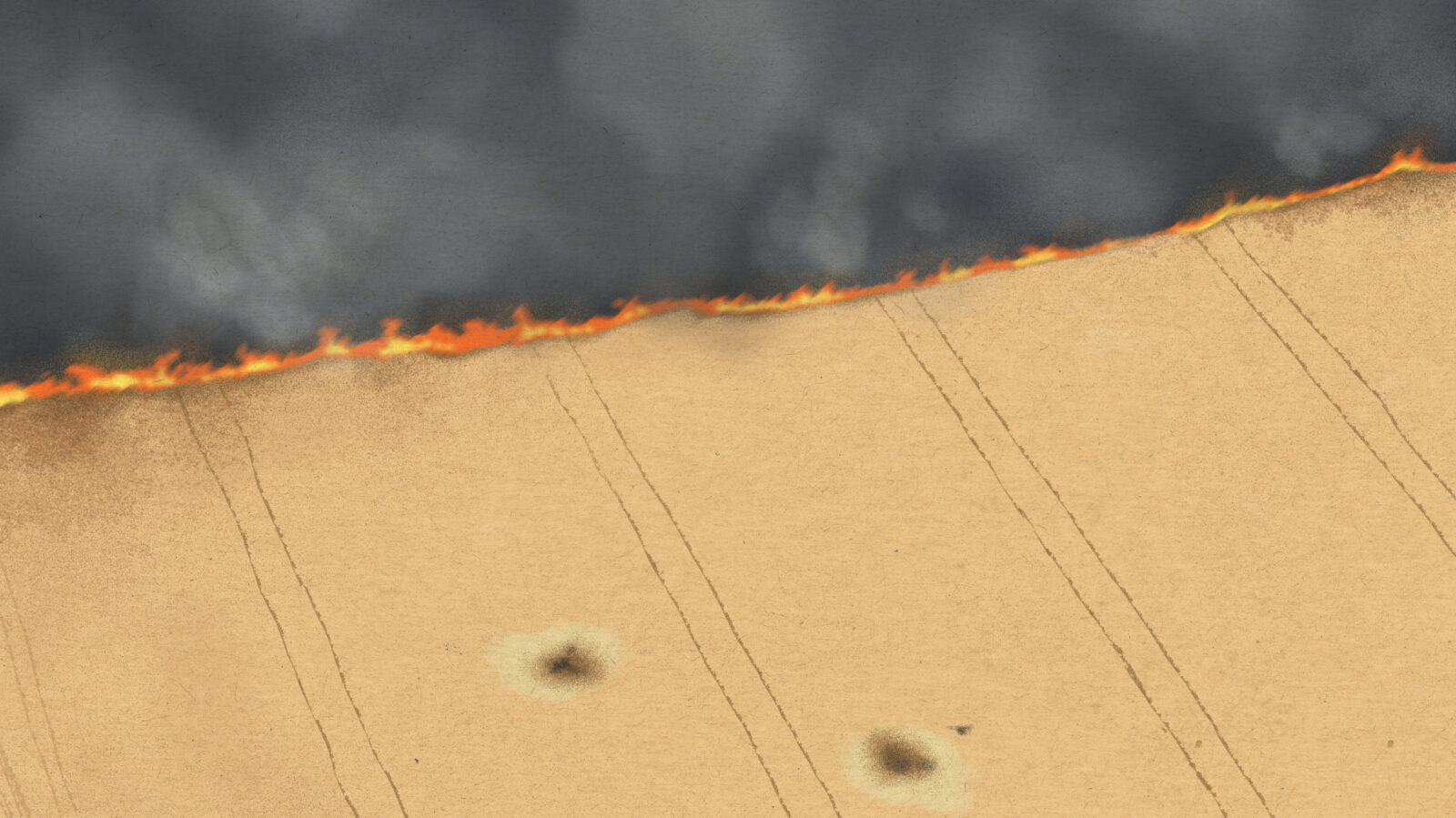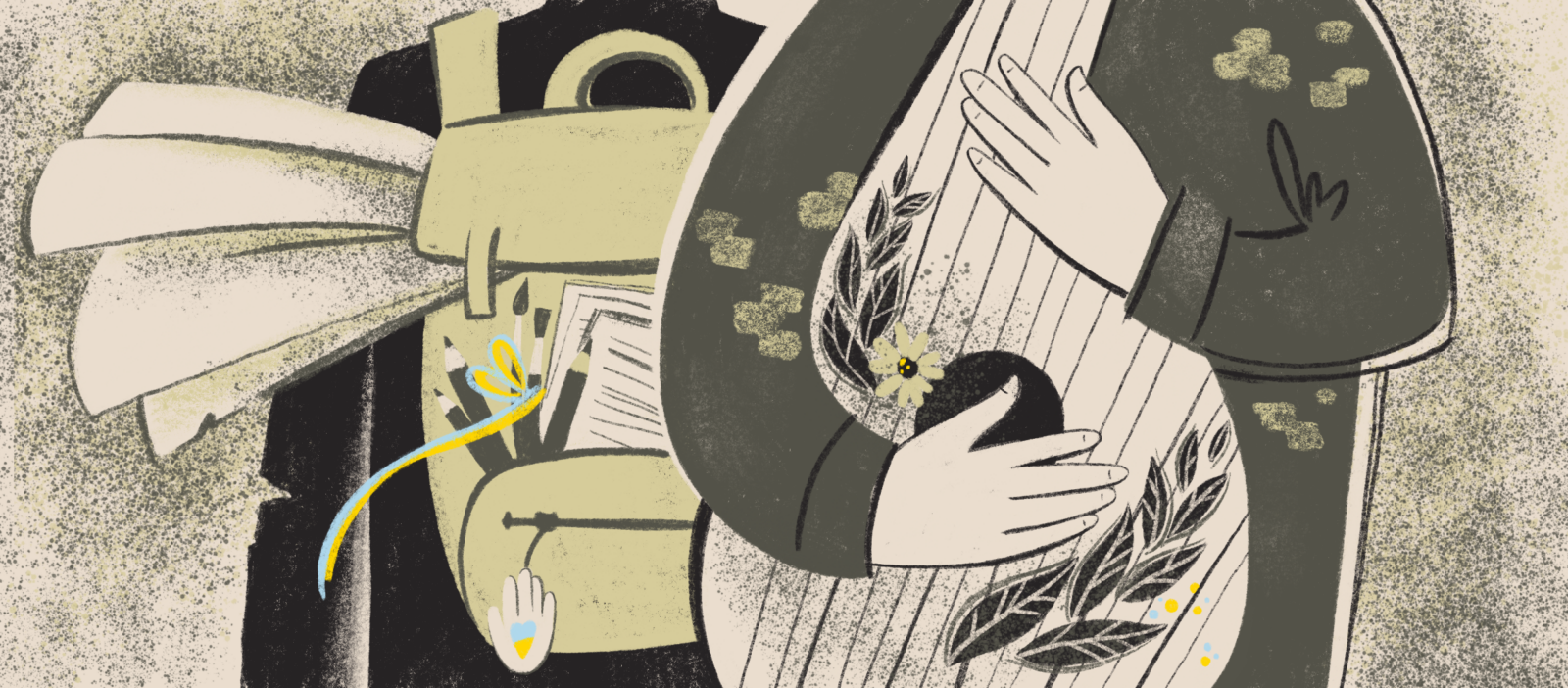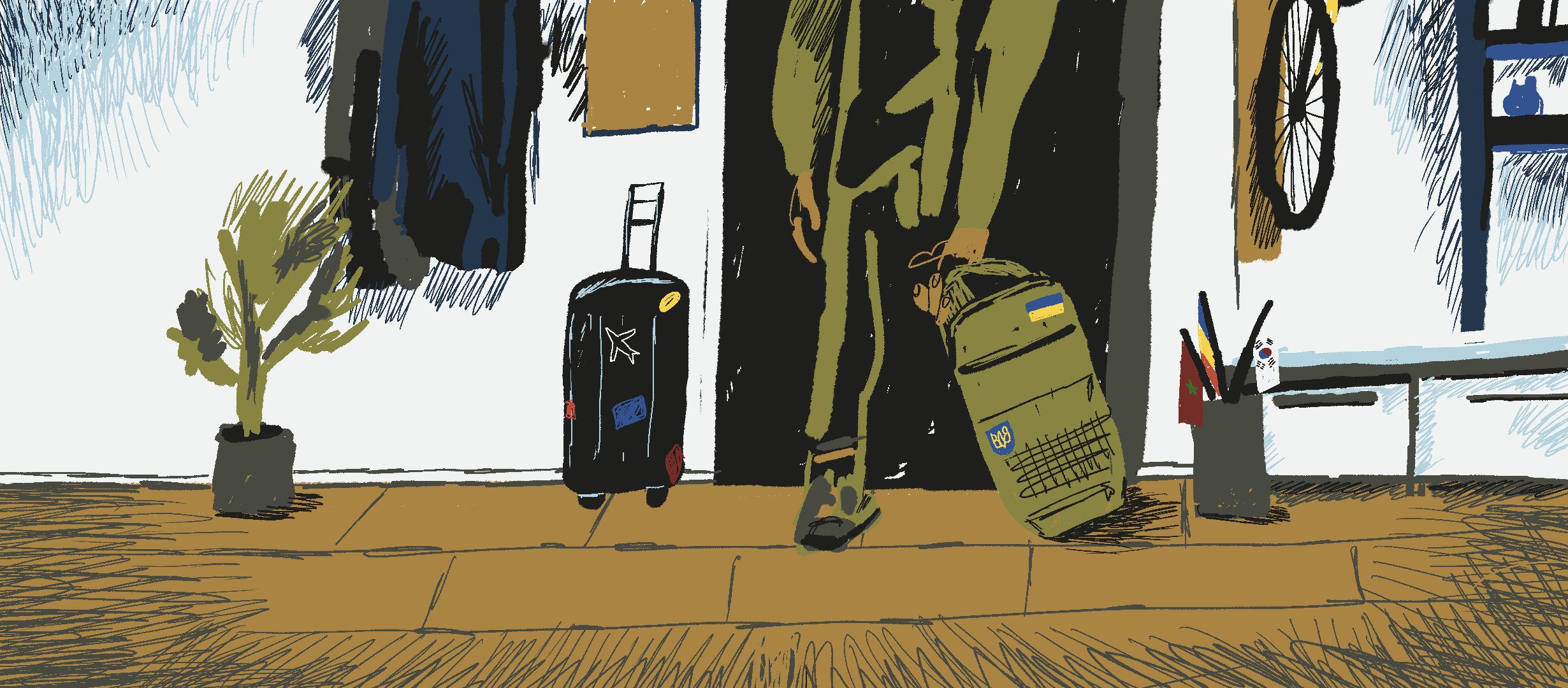Illustrated by Halyna Chepurna
Mahran, a 20-year old Syrian, experiences the second war in his life. The first one caught him in Aleppo, and the second one in Kharkiv. Yashwi Tripathi develops her restaurant business in Kyiv, volunteers, and says that she feels more Ukrainian than Indian. Tajik Timur joined Ukrainian Armed Forces to defend not only his family and the land he loved, but also all other nations that Russia calls “fraternal”. Shumael Khan, a medical student, plans to stay in Ukraine after his studies. He is not afraid of the war, he sees his future here.
Ukraine has a long history of various ethnicities, cultures, religions, and views co-living peacefully. More than 130 ethnic groups live now in Ukraine. Despite Russian propaganda trying to present Ukraine as hostile to foreigners, foreigners themselves refute this narrative. Every year, thousands of students from Africa and Asia entered Ukrainian universities, many of them stayed in Ukraine after their studies.
A full-scale Russian invasion forced most foreigners to leave Ukraine. According to the Ministry of Education of Ukraine, more than 60 thousand foreign students have gone abroad since February 24, 2022. Ukraine has done all steps to help them evacuate. However, some foreigners stayed here despite the danger. They connect their future with Ukraine, believe in its victory and join the resistance to the aggressor.
Here are their stories.
Two wars of Mahran Tata
Aleppo, Syria — Kharkiv, Ukraine

“I woke up to the explosions and saw my mom running around in panic and packing up in a hurry. The war has begun, she said. I didn’t want to believe that”, 20-year-old Mahran Tata from Kharkiv shares. He didn’t want to believe it because he already experienced that before — ten years ago in his native Aleppo.
Mahran was ten when he first saw the war up close. His family lived in Aleppo. The guy described his hometown. It’s yellow and warm. He talks about sandstone buildings. How life in Aleppo intensified in the late afternoon, with bazaars and stores opened, and crowds in the streets. He recalls how the war broke out in his hometown in 2012, ravaging the streets and smashing all those bright houses to the ground.
Mahran remembers when he and his family were taken on a military evacuation aircraft heading to Ukraine. The passengers were Ukrainian citizens or their relatives. Mahran’s mom was a citizen, she is from Kharkiv. There were two rows in the military aircraft. Men were on upper shelves, women and children were on the lower. The trip seemed very long.
Mahran had to get used to a new country, completely different pace of life, climate, culture, and tastes. To everything. But very soon a guy loved Kharkiv. He went to the same school his mother once went to. He learned Ukrainian, studied archeology and pixel art drawing. Later on, he joined the city’s cultural community, became a “full-time” volunteer at the municipal gallery and participated in local art festivals. He joined Ukrainian Students for Freedom and was involved in Kharkiv political life as an activist.
“I was seriously influenced by the cultural background. I would not become who I am now, without that education, knowledge, and environment I had in Syria. Now I can look at various problems and situations broader, from different points of view”, Mahran says.
The young man was 12 when the Revolution of Dignity started in Ukraine, and pro-Russian riots intensified in Kharkiv, and there was a threat that Russia would create the so-called “Kharkiv People’s Republic”. That was the only time when Mahran’s family thought about going back to Syria. But Kharkiv survived. Mahran and his family stayed in the city.
When the Russian full-scale invasion of Ukraine began on February 24, 2022, Mahran’s family decided to leave Kharkiv for a while because of massive shelling and bombing by Russians. They packed and moved to a village in Kharkiv Oblast.
“While we were putting our things to the car, the shelling started again. Everything shuddered, and snow fell from the trees to the ground. It was such an apocalyptic feeling,” Mahran recalls.
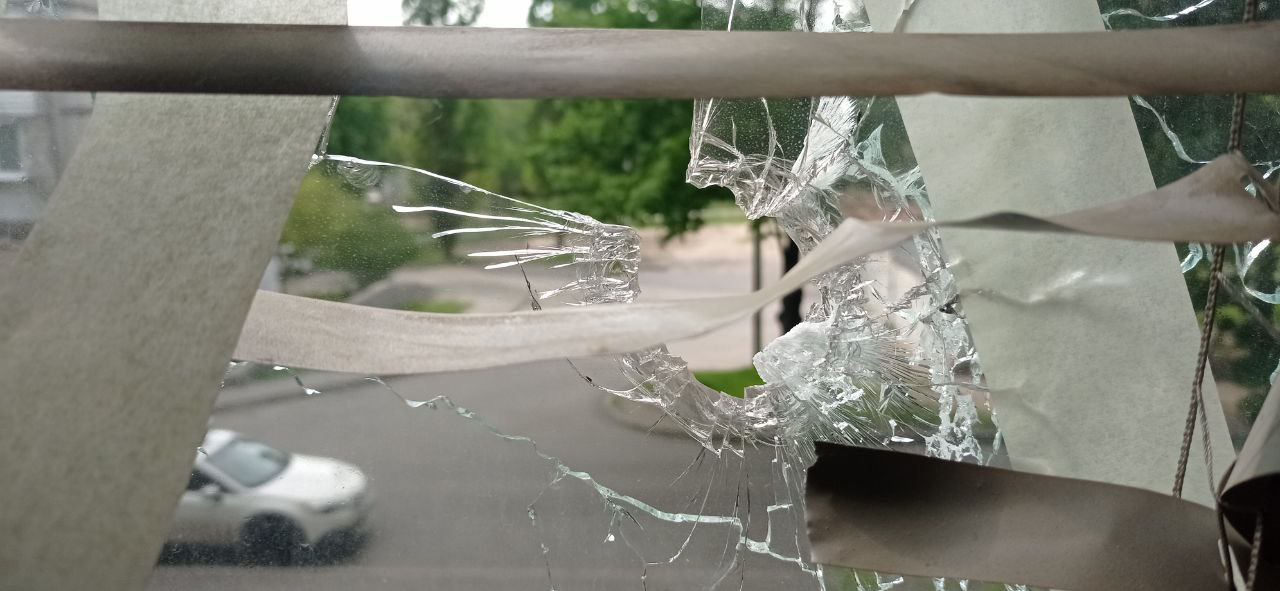
Saltivka, Kharkiv. Photo by Mahran Tata
They were already in the village when their apartment in Saltivka (a neighborhood in Kharkiv) was hit by Russian shells. Two windows were broken out, one fragment flashed through a fridge in the kitchen.
Honestly, Russia pissed me the fuck off. What the hell?”
“I’ve already lost my home, relatives, and friends. I’ve already smelled gunpowder, heard bullet fires and explosions outside my window. I just assimilated, settled here and started to build long-term plans. And here we go again — explosions, reports of dead friends and people I know. Again, I have to pack and go somewhere hearing grads (multiple rocket launchers — Ed.). Again, living with the fear of death, imagining my funeral, writing to someone and thinking that it may be the last thing I write to that person”, reflects Mahran in his online diary.
The guy says that Russia uses the same methods both in Ukraine and Syria. “For example, when a Russian bomb fell on a house with civilians in Syria, the Russian Ministry of Defense immediately said that they destroyed the ISIS base, and in Ukraine they destroy “Nazis from Azov”, the young man explains. Then he adds: To spend ten years far away from home to suffer again. On the other hand, I have to be grateful for that experience.”
He says that because of the war in Syria, his family already knew what to take with them when fleeing from shelling. Mahran himself is very adaptive, he is easy to cope with no water, light, and gas in the house. “We always keep spare candles”, the guy says.
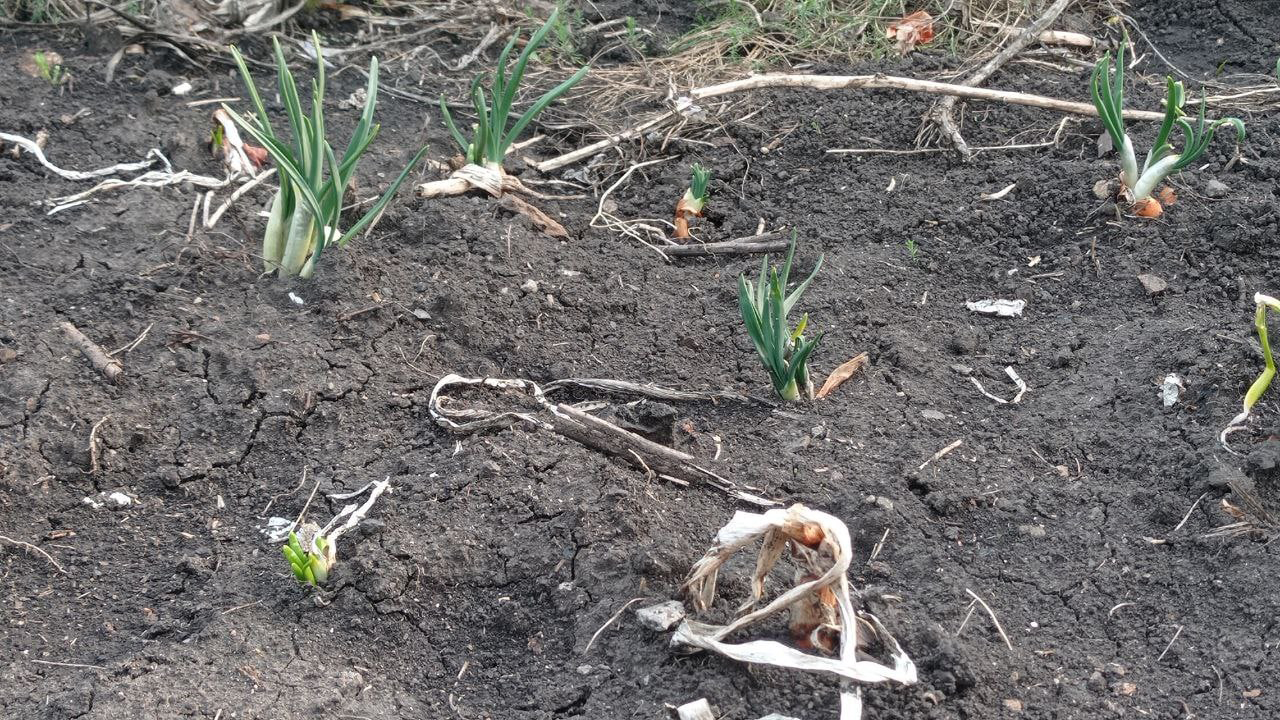
Melissa and onion that Mahran’s family planted in a village after their evacuation
Some of his friends were under occupation, some of them died. Mahran shares that those news were really hard emotionally. Volunteering is his morale booster. “I do what I can and I believe that my actions bring our victory a little closer”, he says.
Together with other volunteers, Mahran delivered food packages to those who couldn’t do that by themselves. Also, he regularly raises funds for the military and gives them things they need. He also designed an author’s T-shirt with his own illustration, and plans to give part of proceeds from sale to the needs of Kyiv humanitarian center.
Mahran continues online learning, he draws illustrations and after the victory, he dreams of finishing his Kharkiv subway project he started with his friends even before the COVID pandemic. He wants to hug all his friends and travel more in Ukraine. And also, he dreams of taking his friends and family to Syria, when the war ends there.
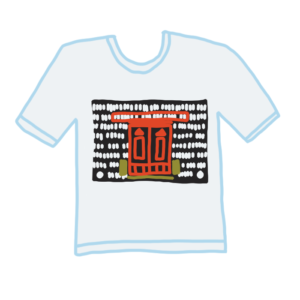
“I realized that I can consider myself a Ukrainian”. The story of businessman Yashwi Tripathi
Bhopal, India — Kyiv, Ukraine
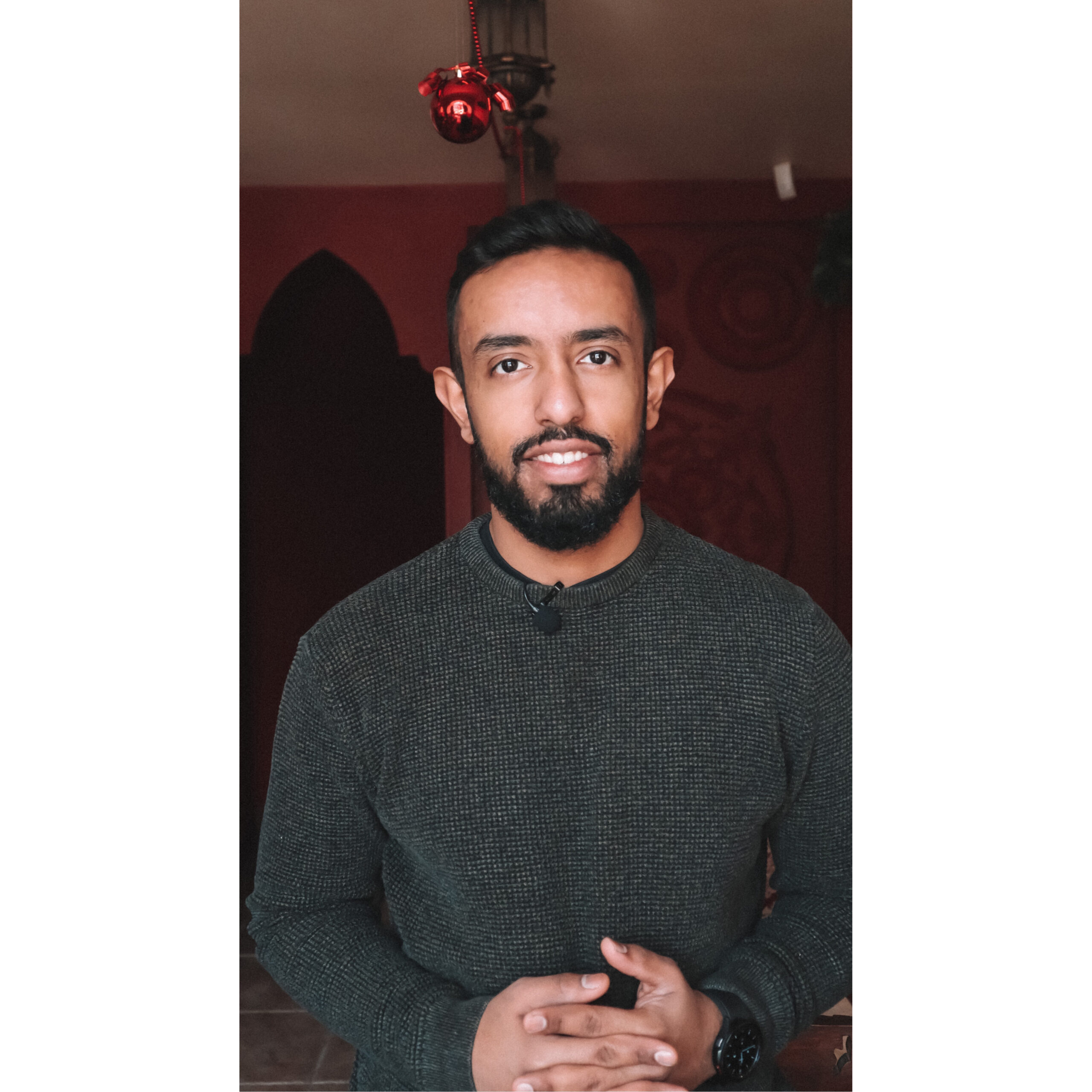
Yashwi Tripathi, 27 y.o., was born in India and has Indian citizenship but he spent almost all his life in Ukraine. Sometimes he asks himself who is he – Ukrainian or Indian? Where is his homeland? But he could not answer those questions. Until February 24, 2022, when Russia started a full-scale invasion of Ukraine.
Yashwi Tripathi’s family moved to Ukraine from Indian Bhopal in 1995. In two years, they opened their first Indian restaurant Himalayas here. Kyivans have loved it for 25 years already.
“Everyone likes butterckicken in nuts and tomato sauce with Indian spices. It’s hard to find something like that in any other cousine”, Yashwi smiles.
He never planned to connect his life with restaurant business. He studied international relations, and then management, for three years in Canada. “I could stay there but I missed Kyiv so much, so I came back”, the guy says.
In 2014, his relatives asked him to help in the family business, and Yashwi took control over the Himalayas. “I started doing that and realized that I actually enjoyed the job: there’s a lot of creativity here”, — Yashwi says. In 2018, he opened Balu restaurant in the center of Kyiv, also with Indian cuisine. And in 2020, it was Sansara with a European menu.
“I have a mixed mentality, with many eastern nuances. Oriental hospitality differs from in Western countries. I can take what I already have inside and implement where I am”, Yashwi says.
Every few years Yashwi and his family travel to India to visit their relatives. But the guy says that he loves Ukraine, he is used to the place, people, mentality, and language that he has never thought about living or staying in India for a long time.
“I’ve lived in many countries and I am comfortable here. There’s no falsity in Ukrainians. I mostly meet sincere people, always ready to help, says Tripathi. — I love Kyiv. Everything here feels like home to me.”
He adds that the Russian myth about Nazis everywhere is a total nonsense.
In my 27 years of living in Ukraine, I have never felt any discrimination or biased attitude towards myself”
“Anyone who has lived in Kyiv for at least some time can confidently and quickly refute these Russian fakes. Ukrainians are open to everything new, to new people and ideas, regardless of the country of origin, — Now except Russians, of course — says Yashwi.”
In the first week of Russia’s full-scale war in Ukraine, he made sure that his family was safe. And then he joined volunteering. Together with his team, he delivered about half of a ton of food to Kyiv territorial defense soldiers and to older people. He also delivered food to those who lost their homes in Bucha, a small town in Kyiv Oblast, that was under Russian occupation until early April. Yashwi came under Russian fire during one of those volunteer visits. But he was lucky enough to avoid the bullet.
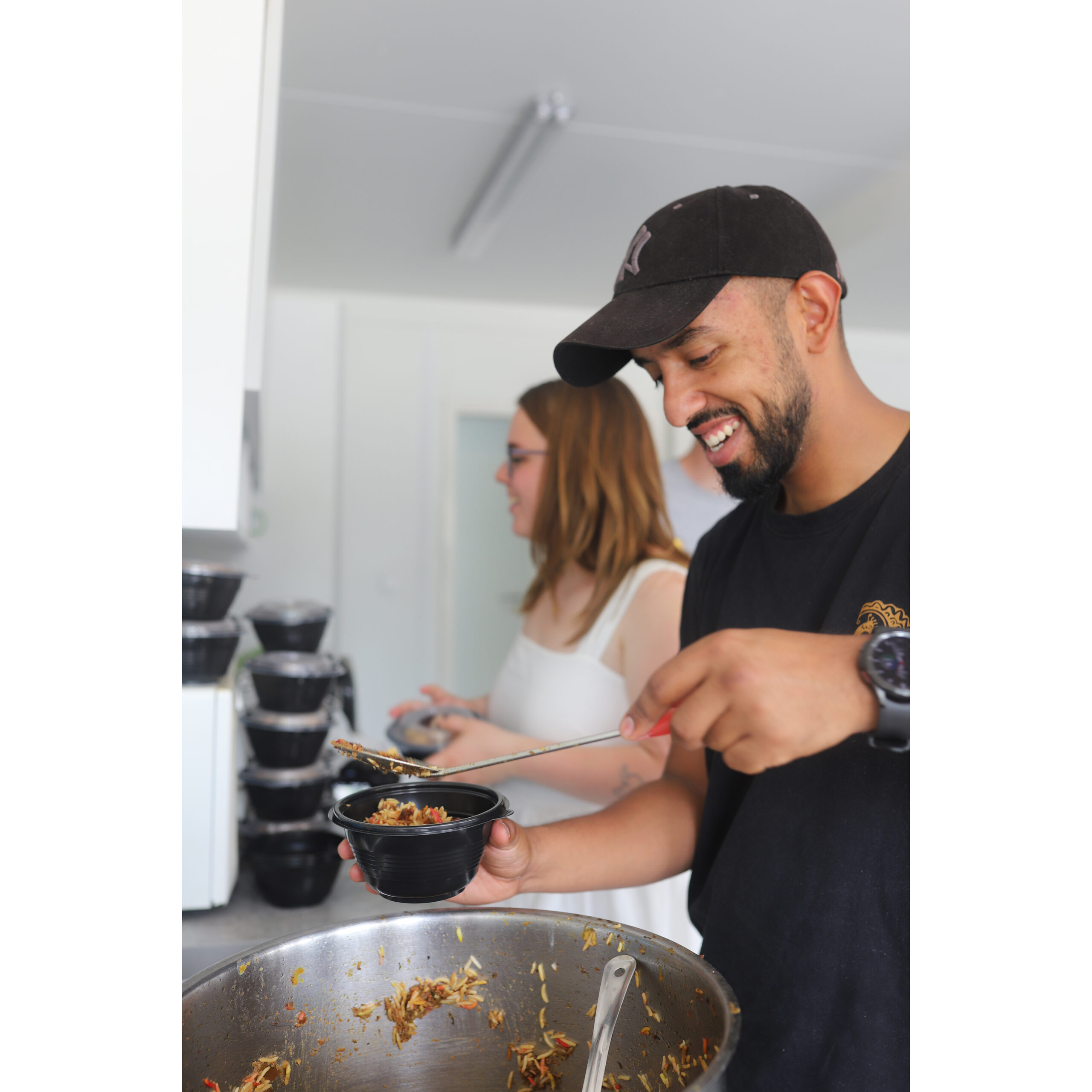
Yashwi during the volunteering
Now, in the fourth month of war, Yashwi’s restaurant business recovered by 50%.
“I plan to live and develop my business in Ukraine. I don’t even consider any other options. I dream of having some cool barbecue with my friends, celebrating Ukrainian victory, having some beer and sharing emotions with my loved ones, how happy we are to kick that scum away from our land”, says Yashwi. He adds: “In the very first week of this shitty Russian war, I got answers to all my questions. I clearly realized that I can consider myself a Ukrainian. I could have gone abroad, but I want to be here in Ukraine. I want to help them fight with the aggressor and contribute to Ukraine’s cool future.”
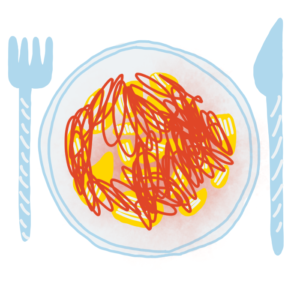
“For some reason, Russia calls Tajiks a fraternal nation.” The story of warrior Tymur
Tajikistan — Zhytomyr, Ukraine
*In this story, all names have been changed for security reasons
18 y.o. Kateryna, a student of Vinnytsia Medical University, has the Koran and the Bible on the same shelf. The Koran is for my dad, and the Bible is for my mom, the girl explains. Her family is a strong blend of Ukrainian and Tajik cultures. And Kateryna has two great loves — to Ukraine and Tajikistan.
The girl says that her family celebrates holidays of both peoples, and eats dishes of both national cuisines. “For example, we celebrate Nowruz on March 21. It’s like New Year’s Eve for Muslims but the celebration is more like Easter to me, Kateryna explains. — My dad also loves Tajik national cuisine, and he taught us to eat it too.”
Back in the Soviet Union, Tymur, Kateryna’s father, was sent to serve in the Ukrainian army. After the service, he didn’t go back to Tajikistan, he started a family in Zhytomyr and opened a small business, a car service station. When Russia attacked Ukraine, Tymur did not hesitate to defend his second Homeland. He served in the Ukrainian army in the 1990s, so in 2015 he could easily rejoin the Armed Forces. He is on the front line again.
“I haven’t seen my father since October 2021, — Kateryna says. — We cannot even talk on the phone now because my father is in the very front line now. To cheer him up a little, I send him photos of our cats and dogs, our house, and I also tell him about my academic achievements. I write something and look for the “Seen” check mark to make sure he is fine…”
Kateryna says that her father fights not only to defend his family and Ukraine, his second homeland, but also to gain freedom for other countries under the strong Russian influence. Tajikistan is just like that.
When this rotten Russian Empire finally falls, Tajikistan will also become free, because now it is actually occupied by Russia”
“Tajik and Russian cultures are very different but Russia still comes and calls Tajiks a fraternal nation”, — the girl explains.
Kateryna says that her father loves Ukraine very much but he never forgets about Tajikistan, his homeland. “There is a river in Zhytomyr, it cut a passage in the rocks and created stone slopes. My dad often goes there because that landscape reminds him of his native Tajikistan. And we have roses planted everywhere in our yard because there are many roses in Tajik parks, Kateryna shares. — I often travel to mountains with my dad, because he was born in a mountain area, and that is a totally different lifestyle.”
Tymur’s childhood was difficult. He lost his father early, and started to work hard in his 12. He grew up in a small mountain village inaccessible since October. All the roads were closed because of the rockfall hazard. “All those things made my father stubborn and tempered”, explains Kateryna.
Now Tymur tries to use the Ukrainian language most of the time. It is not easy for him but he stubbornly pursues his goal. Russia must be defeated at all levels.
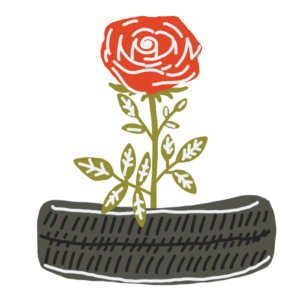
“I will not leave Ukraine.” The story of student and volunteer Shumael Khan
Jamshedpur, India — Ternopil, Ukraine
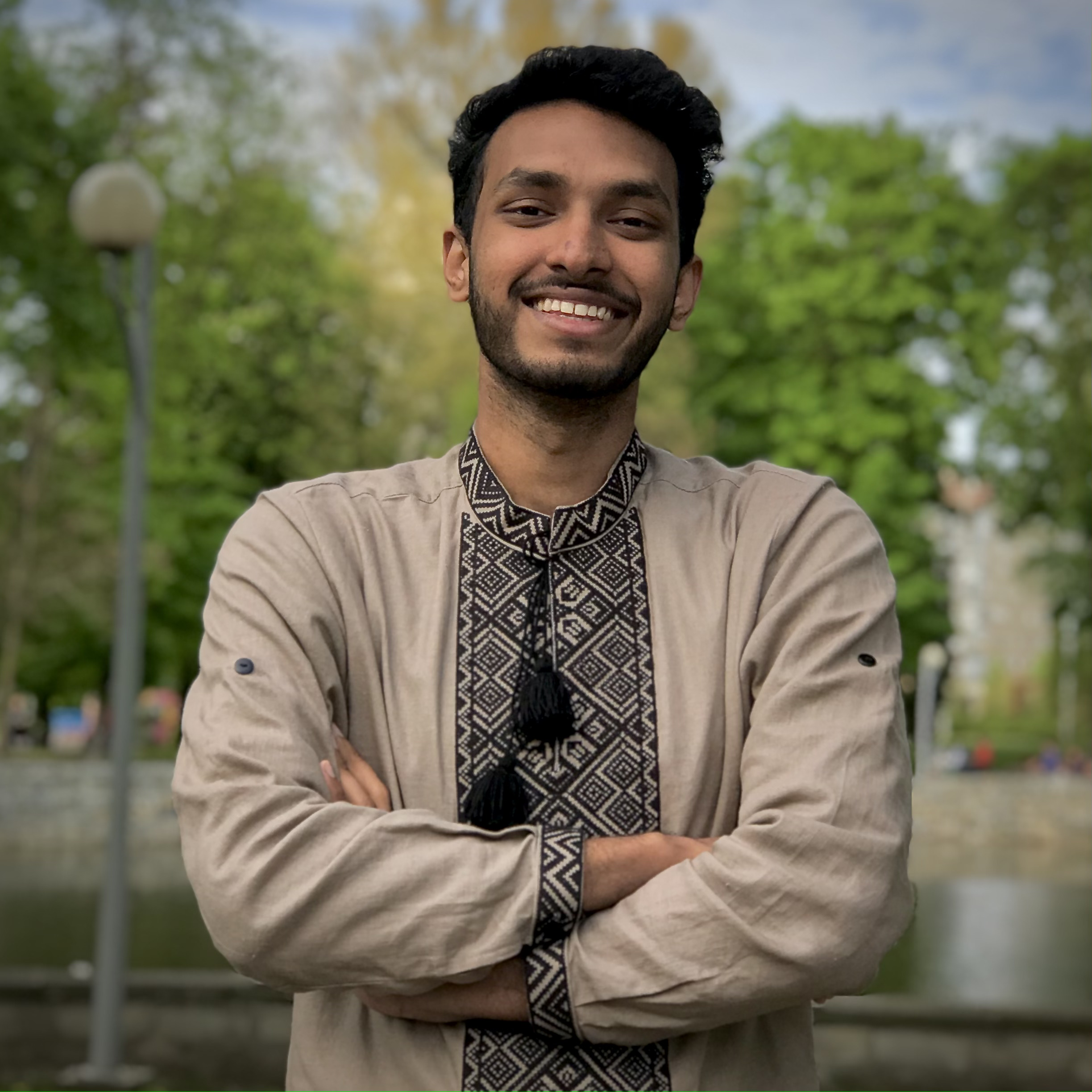
Shumael Khan was 17 when he first came to Ukraine in 2018, to study at the Medical University in Ternopil. He always wanted to become a surgeon, so he and his family were picking an educational institution for a long time. First, the boy thought about Russia but his mom said “Russia is a no”. Then he discovered Ukraine. In 2014, when Russia attacked Ukraine, Shumael’s relatives dissuaded him from moving but he was determined by his decision.
“I came to a country where I understood nothing at all. But I tried and learned Ukrainian. This is a good example to those speaking Russian saying that Ukrainian is hard to learn. So I’m a bigger nationalist than some Ukrainians, Shumael smiles. I am an active student at my university. When I arranged various events, I could know Ukrainians better, and practice my Ukrainian.
Shumael came to Ukraine very young and was growing up studying here. The young man says that he has some memories about India but most of them are related to Ukraine now. He says that students and teachers have become a second family for him. He adapted fast to the new climate and food, and quickly made new friends. He feels like home in Ternopil.
“There was a lot of talk at our university that there would be a full-scale aggression. I was one who said that all those talks are just propaganda and empty threats. But on February 24, at 4 A.M. my friend who was then in the airport, called me. He was told that the airport is closed because Russia was bombing Ukraine. I could not believe it then. Sirens started later. I saw all that for the first time in my life”, Shumael says.
Many students and teachers offered their help to him: housing, food, just asking if he was fine. His relatives were very worried about him in India. Shumael explains that here in Ukraine people have adapted to possible threats but in India no one knows what war is. There are also some Indians who either don’t quite understand the situation, or support the aggressor because of the strong Russian media influence. Shumael assured his family that he is safe and asked to trust him.
He decided to stay in Ukraine and help in any way he could. With 4 years of experience in the Ukrainian Red Cross, Shumael quickly joined volunteering. He went to the Ukrainian-Hungarian border to give out food and water to people.
In September, Shumael will start the sixth and the last year at the university. Then he plans to go to London for residency, and after that — to come back to Ukraine.
I will not leave Ukraine. I will use my knowledge here. I am absolutely sure that after the war, Ukraine will become a strong country”, sums up the guy.
The project is produced with the support of Lviv Media Forum and EU-funded programme House of Europe.
Author: Tonia Andriichuk
Editor: Mariia Semenchenko
Illustrator: Halyna Chepurna
Translator: Oksana Biliavska





